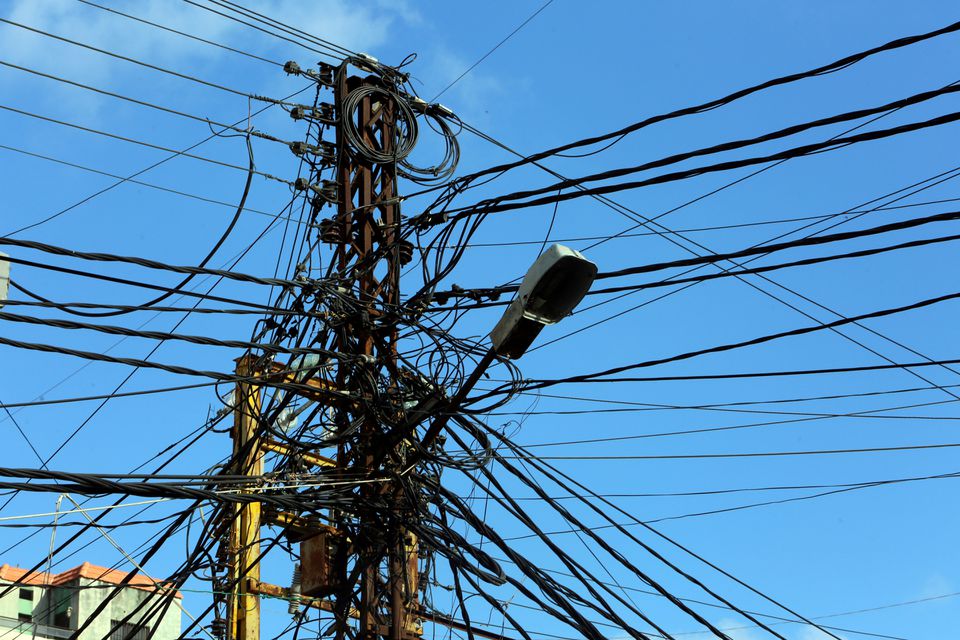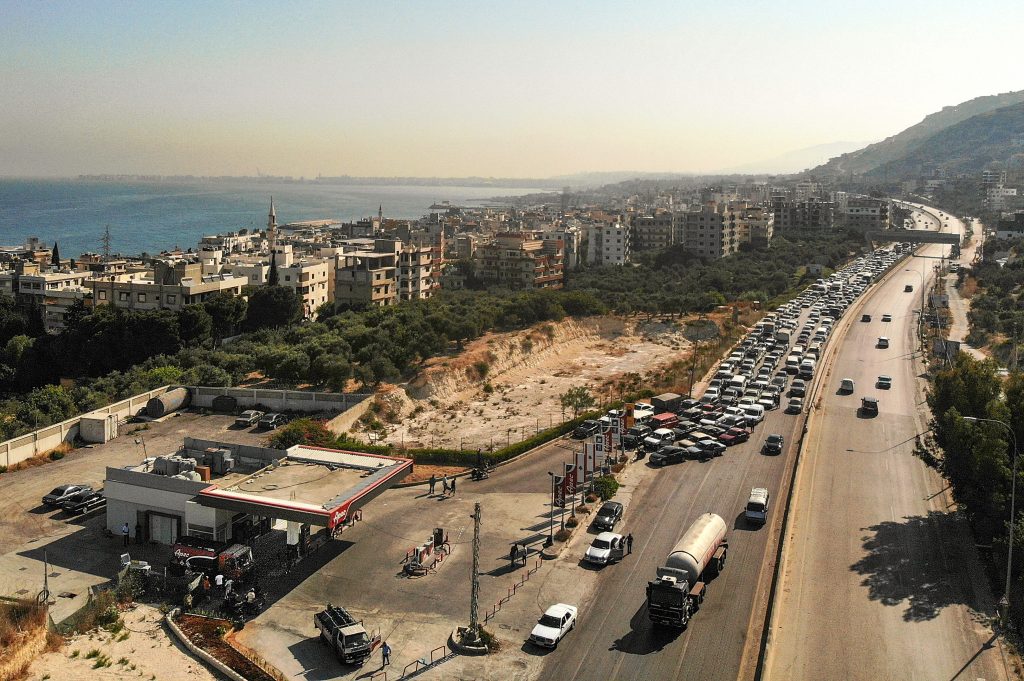



Arab News Japan
Lebanon has been plagued with power outage since its 1975-1990 civil war, which reduced the country’s capacity to supply 24-hour electricity. The current liquidity crunch has exacerbated this problem, crippling the government’s ability to provide fuel, electricity and basic services to all sections of society.
In the latest manifestation of a financial crisis, two of Lebanon’s main power plants in Deir Ammar, which together provide about 40% of the country’s electricity, ran out fuel. This has left the country struggling with severe electricity and water shortages.
Among the people experiencing the effects of the power shortage is Takeshi Okubo, the Japanese ambassador to Lebanon, who posted on twitter about his fears on the impact that the power outages and electricity crisis will have on the healthcare sector.
The fuel shortage has especially raised fears that the country could become paralyzed. Even private generators, which have been used by the Lebanese for decades, have to be switched off for hours to conserve diesel. This has left the people of the country, regardless of status and official standing, with little protection from experiencing power cuts.
“Electric power supply is down at my residence since early morning,” he said in a message posted on Twitter. “I was told no prospect of resumption of power supply. My thought is with all the hospitals and clinics,” Okubo tweeted.
Electric power supply is down at my residence since early morning. I was told no prospect of resumption of power supply. My thought is with all the hospitals and clinics.
— Takeshi Okubo (@TakeshiOkubo3) July 9, 2021
Within the span of 24 hours, his tweet had received more than 950 likes, been retweeted 115 times and attracted more than 50 replies, a lot of which constitute apologies for Lebanon’s woefully inefficient energy sector and blames aimed at the government for their inability to resolve the crisis.